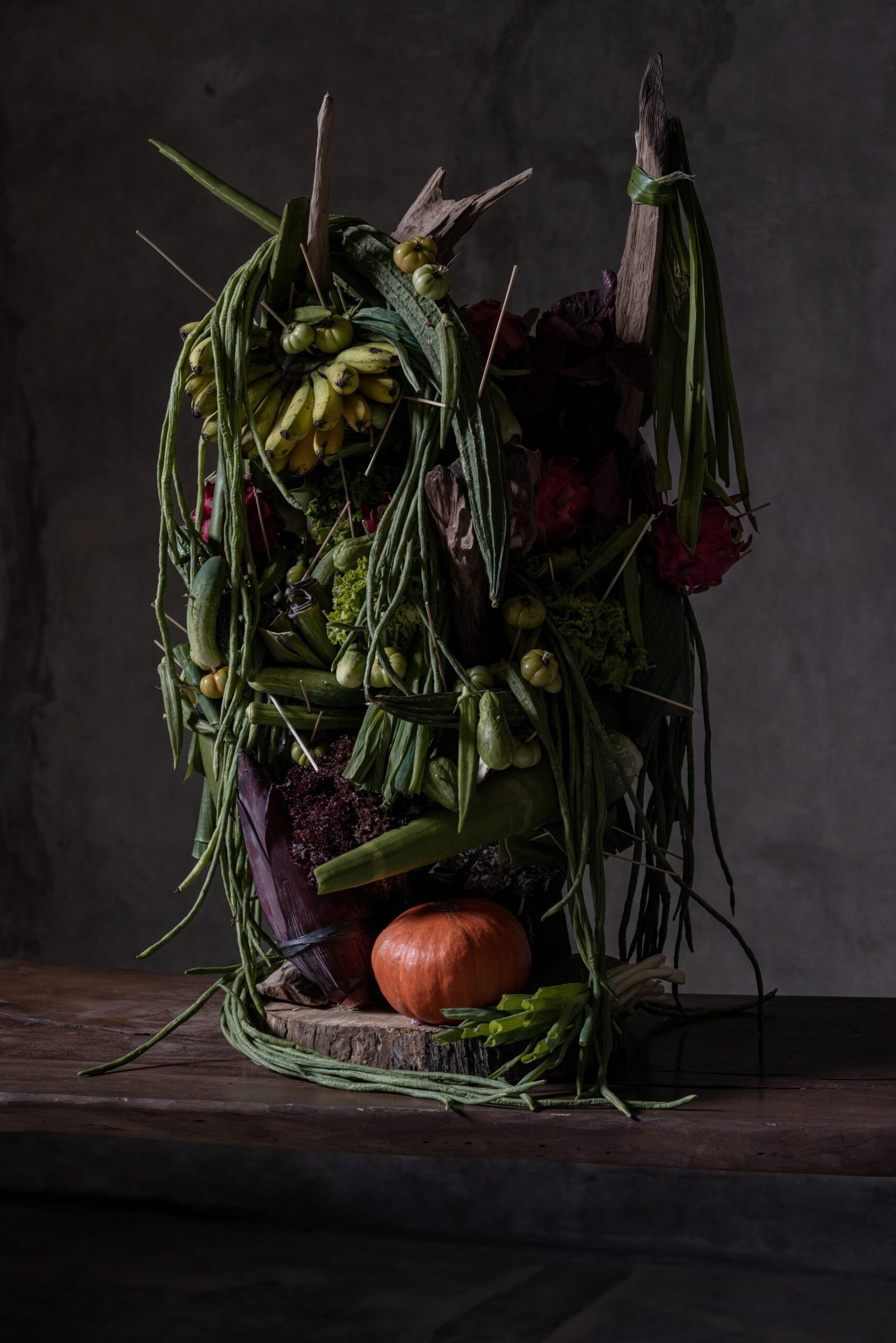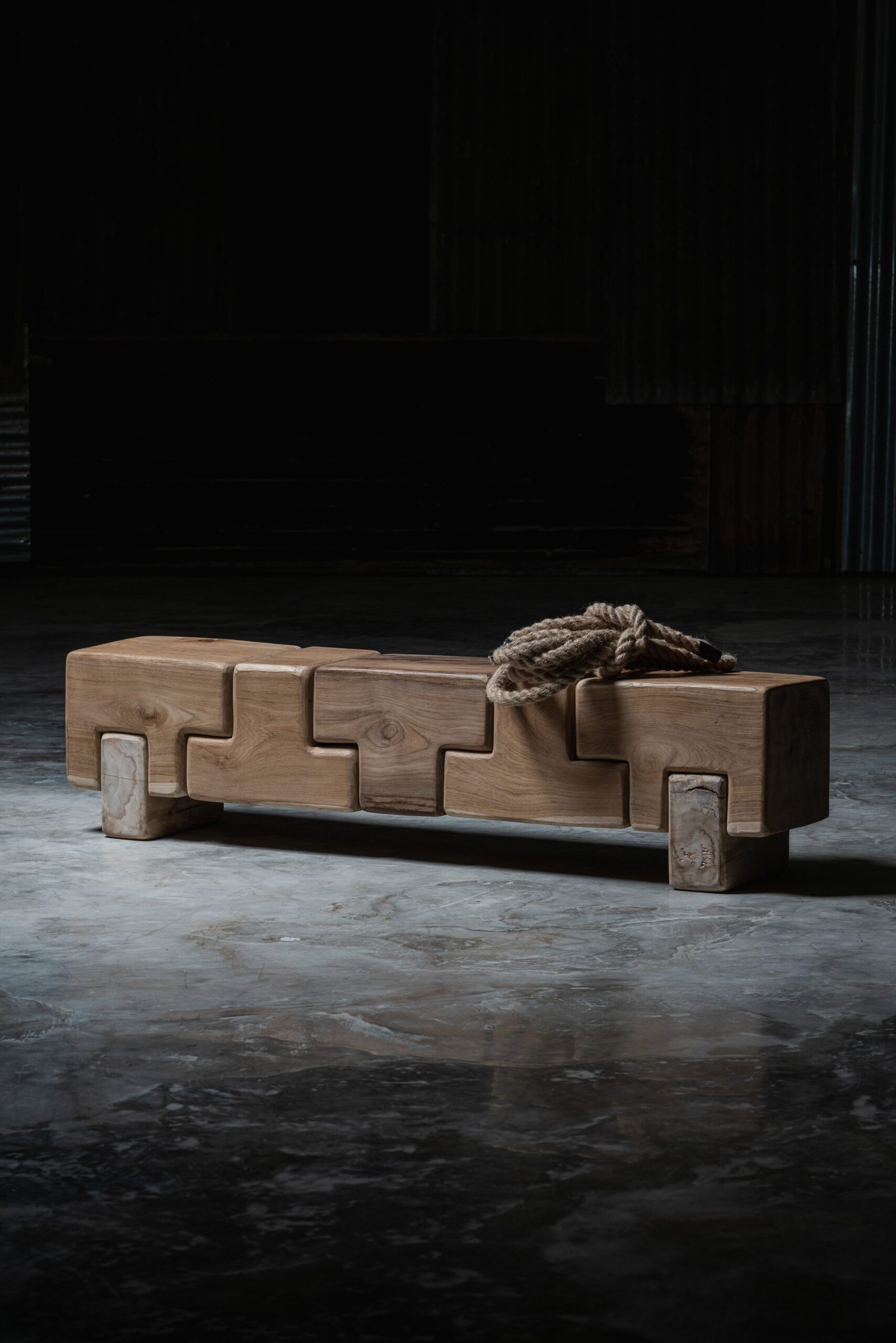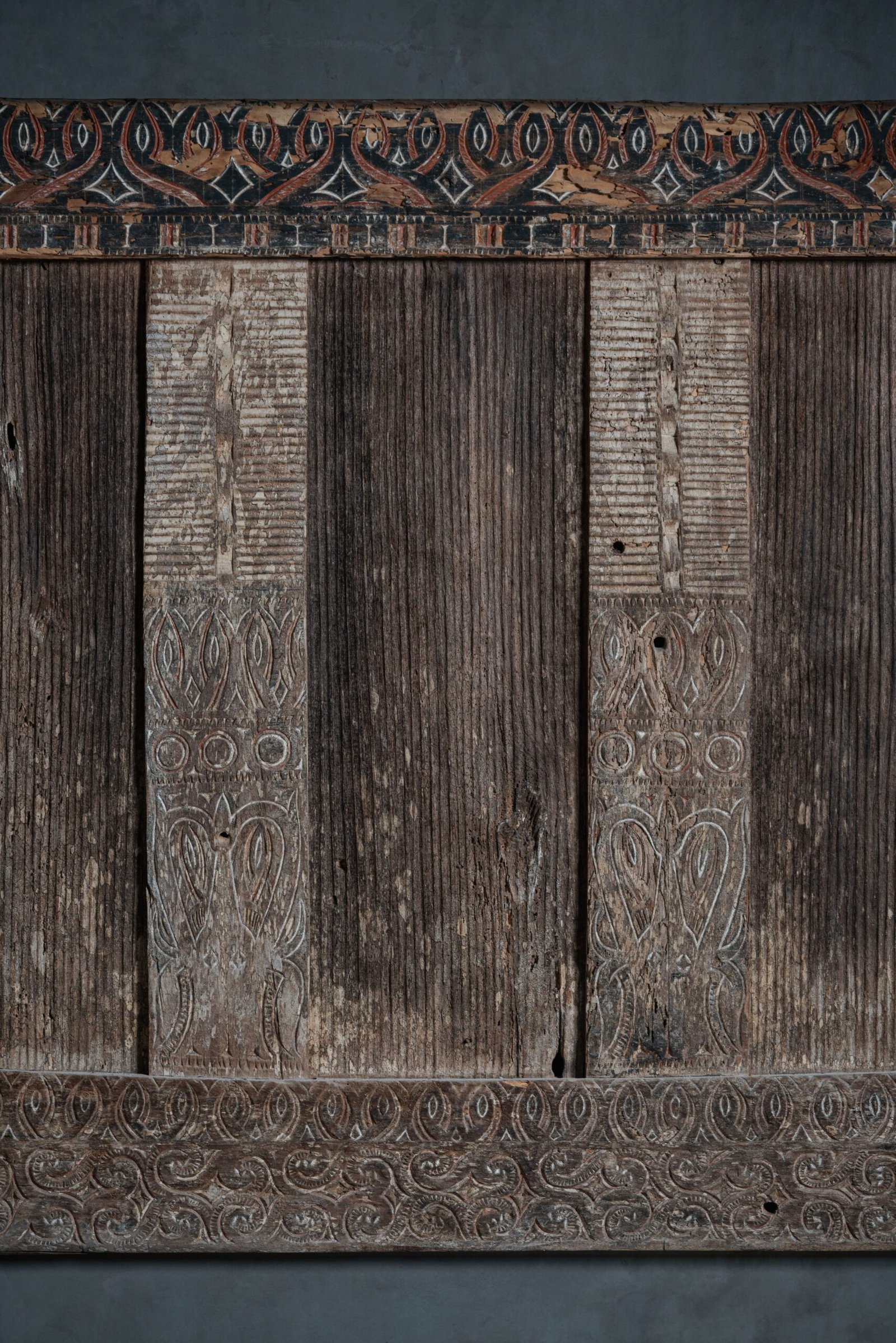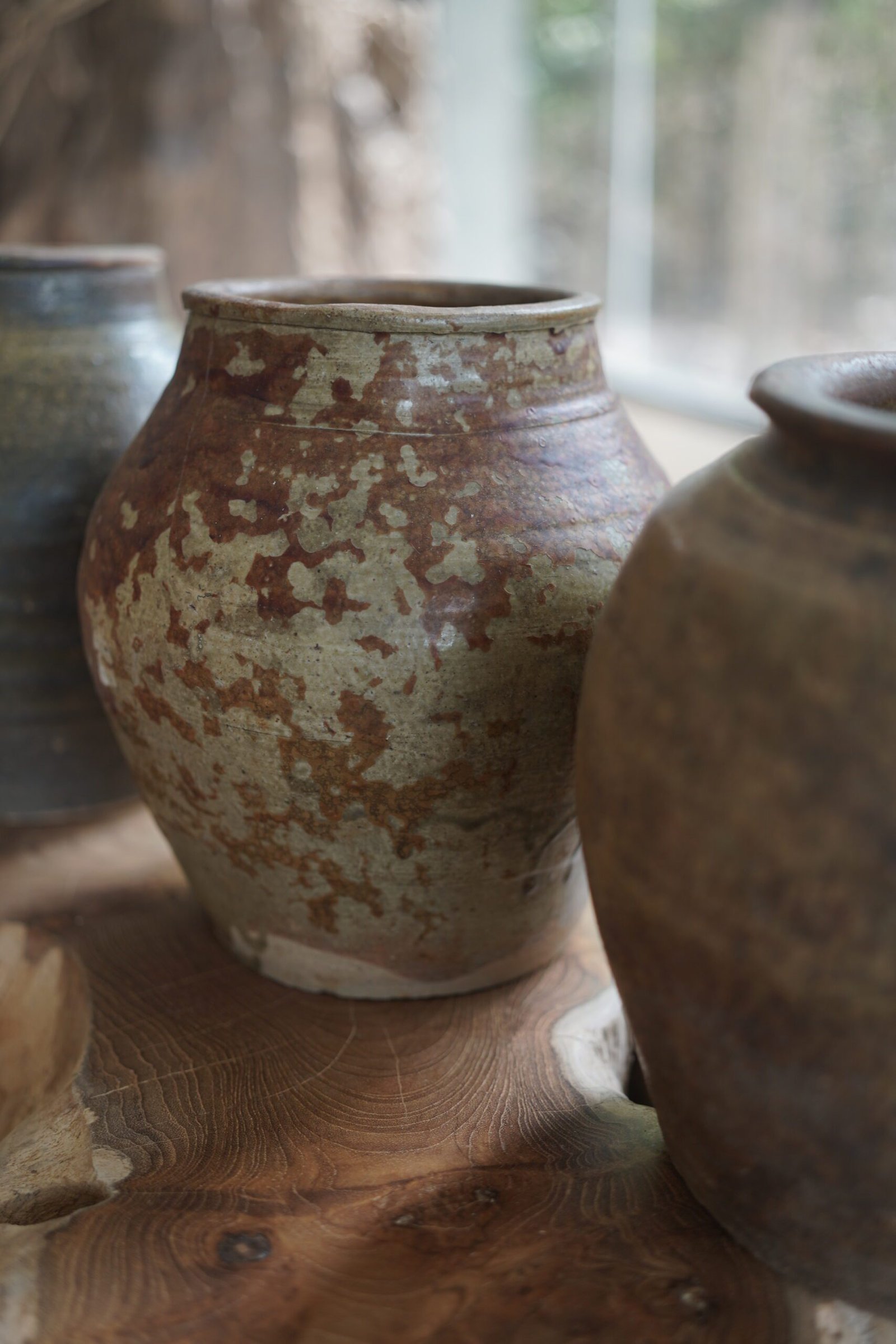In terms of manufacturing, Indonesia is a treasure trove of materials full of vitality nurtured by the country's rich climate.
Over a long period, they grow slowly and are influenced by the climate and environment. This is one aspect of materials that, for better or worse, cannot be produced exactly as desired. This makes them unsuitable for mass production, which demands the same shape and form. This is why it is extremely important to carefully assess materials, and we must not be too hasty in creating things.
When we create something, we should treat it with respect, envisioning its entire life until it decays naturally. We want to make things that can continue to exist with us, not for consumption.
Since ancient times, wood has been the most familiar and familiar natural material for the people of Indonesia. Even today, when I look at the old furniture and daily utensils that have been blended into Indonesian daily life, I think, "What we produce is not only a product of the past but a product of the future."
We hope that our products will be handed down to our children and grandchildren and that they will become a part of our family. They will pass through time, being repaired when broken, polished when soiled or damaged, and cared for by our hands.



